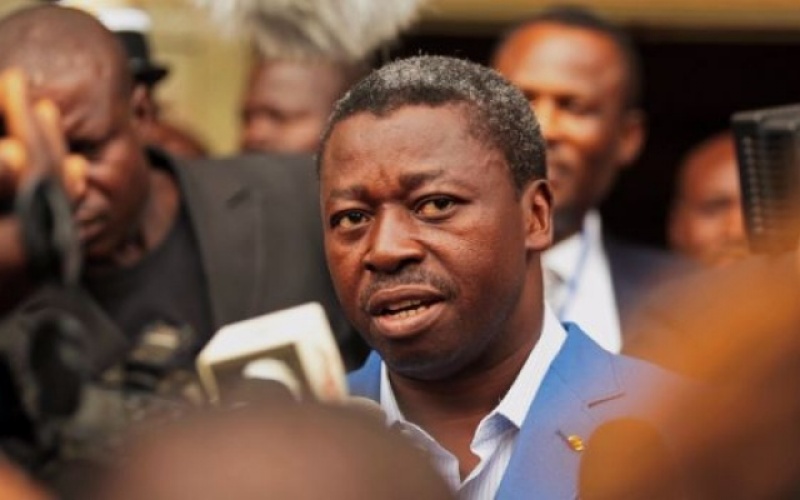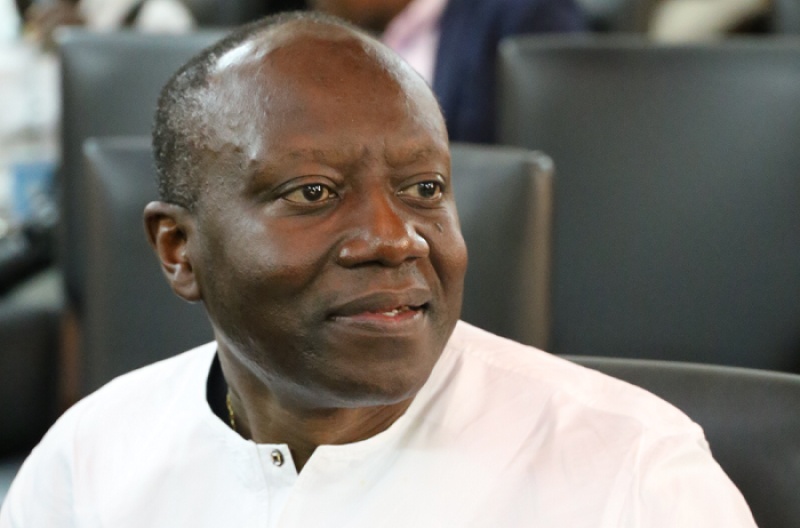Togo’s cabinet has adopted a draft bill to reinsert presidential term limits into the constitution, the government said on Wednesday, as opponents of the ruling Gnassingbe political dynasty held peaceful protests across the country.
President Faure Gnassingbe has ruled the West African nation since his father died in 2005 after 38 years in power. The late President Gnassingbe Eyadema passed a law in 1992 limiting the president to two terms in power but scrapped it a decade later.
A number of long-serving African rulers, notably in Rwanda, Burundi and Burkina Faso, have moved to drop term limits in recent years in order to remain in power. In some cases this has sparked strong opposition that has led to violent unrest.
Tens of thousands of protesters clad in red, orange and pink – the colours of Togo’s opposition parties – marched through the streets of the capital Lome as security forces looked on, according to a Reuters witness. Some carried banners bearing slogans including “Free Togo” and “Faure resign.”
“With today’s mobilisation, it’s up to Faure to choose: either do the reforms or leave power,” said Kodjo Ametepe who joined the Lome march.
No sign of violence
Residents said similar protests were underway in Sokode, 210 miles (338 km) north of the coastal capital, as well as several other towns. Unlike marches last month during which at least two protesters were killed by security forces, there was no sign of violence by early afternoon on Wednesday.
Former French colony Togo, which aspires to be an African Dubai and hosts the headquarters of Ecobank and other major firms, has a history of repression. Five hundred people were killed during protests against the current leader’s 2005 poll victory.
But the move to reintroduce a two-term limit could represent an important volte-face by the president, whose government in 2015 voted against the introduction of regional term limits across the ECOWAS 15-nation zone which he currently chairs.
“(I) deplore the serious incidents in Sokode and Lome during the protests of 19 August and call upon the people to exercise calm, serenity and moderation,” said Gnassingbe in a statement released on Wednesday. He also pledged to improve living conditions in the country of nearly 8 million people.
It was not immediately clear when the bill passed in Tuesday’s cabinet meeting and published on Wednesday would be presented to parliament. Nor was it clear how the proposed change to article 59 would affect Gnassingbe, who is now serving a third mandate which ends in 2020.
Government critics blamed authorities for cutting mobile internet access on Wednesday in a move they said mirrored cuts imposed by other African incumbents such as Gabon’s Ali Bongo to control criticism at sensitive times.
However, the main internet gateway remains operational according to Dyn which monitors global internet traffic. A government official could not immediately be reached for comment.
Source: trtworld.com


































